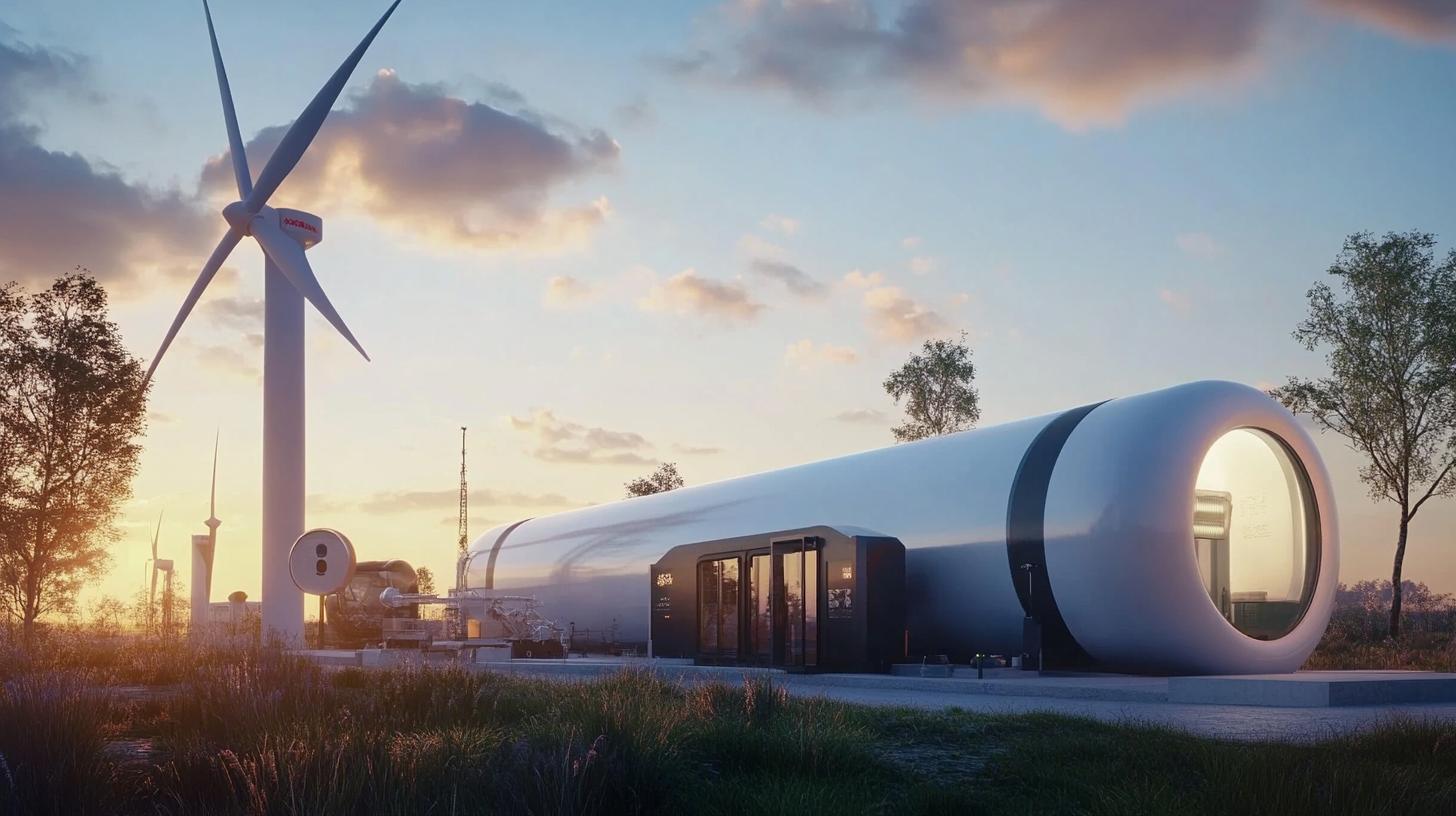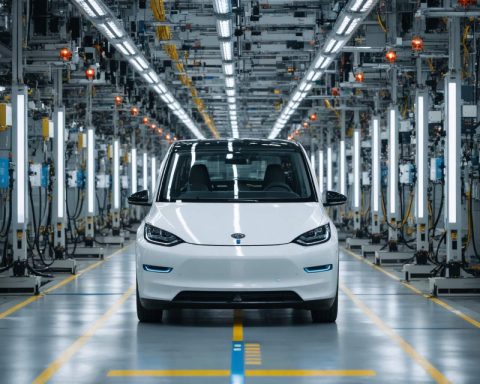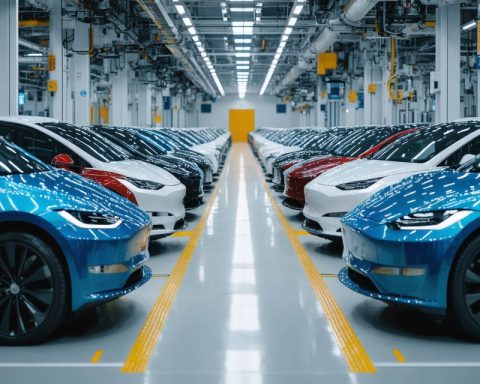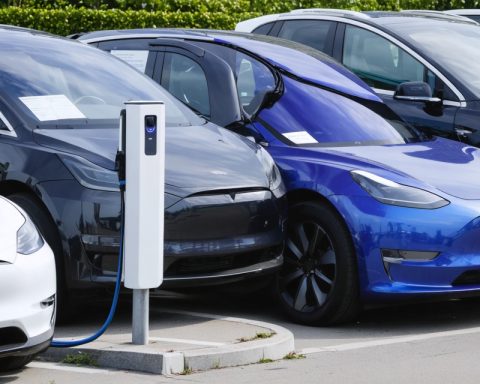In a strategic move to reshape Europe’s energy framework, ambitious plans have been submitted to establish a colossal hydrogen pipeline network stretching over 9,000 kilometers, scheduled for completion by 2032. This massive €18.9 billion project aims to underpin the continent’s transition to sustainable energy sources, reflecting Europe’s commitment to a greener future.
Spearheading this initiative is Germany’s Minister for Economic Affairs and Climate, Robert Habeck, who has been a vocal advocate for hydrogen as a cornerstone of Europe’s future energy strategy. During a visit in 2022 to the Leuna refinery’s advanced hydrogen liquefaction system, Habeck emphasized the critical role hydrogen will play in reducing reliance on fossil fuels.
The project includes the repurposing of existing gas pipelines, a cost-effective strategy that leverages current infrastructure to facilitate the transport of green hydrogen. This transformative use of pipelines is expected to significantly cut down carbon emissions and enhance energy security across the region. Key to this paradigm shift is the pipeline connecting to Leuna, anticipated to become operational by the end of 2025. Once completed, this hydrogen supply line will serve as a pivotal component in the broader network, accelerating the transition to renewables.
Environmental and economic benefits are anticipated from the creation of this vast pipeline network. It promises not only to bolster the local economy by creating thousands of jobs but also to position Europe as a global leader in green technology. Such progress highlights a critical turning point in addressing climate change and solidifying European energy independence.
This unprecedented endeavor marks a significant stride towards a sustainable energy future, showcasing Europe’s proactive approach in the global effort against climate change.
The Hydrogen Revolution: How Europe’s Gigantic Pipeline Project Will Change Everything
The European continent is on the brink of a transformative energy shift, set in motion by the ambitious 9,000-kilometer hydrogen pipeline network. As plans unfold, the project promises to reshape not only environmental strategies but also the daily lives of millions, with ripple effects extending beyond Europe’s borders.
Unraveling Untold Impacts on Daily Life and the Economy
While the hydrogen pipeline lays the groundwork for a greener future, its impact will substantially transcend environmental goals. The economic implications are extensive, with thousands of new job opportunities set to emerge. From construction roles to specialized engineering positions and maintenance, entire communities stand to benefit financially. Local economies that have long relied on fossil fuel industries are being given a new lease of life, transitioning into green energy hubs.
Yet, it’s not all smooth sailing. Concerns have emerged about the possible displacement of workers from traditional energy sectors. Retraining and educational initiatives will be crucial in ensuring that the workforce adapts to changes without substantial detriment to their livelihoods. Questions linger about how governments will support these efforts and what measures will ensure that communities reliant on coal and natural gas can seamlessly pivot to green jobs.
Cultural and Geo-economic Shifts
From an international perspective, Europe’s commitment is setting a global precedent. As Western leaders underscore the importance of sustainable development, the hydrogen pipeline could position Europe as a shining beacon for green technology endeavors. This strategic pivot could incite a domino effect, encouraging other regions to invest similarly in sustainability, thereby elevating Europe as a prime influencer in future global policies and energy frameworks.
Another factor to consider is the geopolitical influence. By reducing its dependency on natural gas imports, Europe will not only boost its energy autonomy but also mitigate potential vulnerabilities associated with foreign energy reliance. This could redefine the continent’s relationships with major energy exporters, potentially reshaping global alliances and power dynamics.
What Lies Ahead for Consumer Energy Markets?
For everyday consumers, the rollout of hydrogen infrastructure promises energy cost savings in the long run. As renewable energy sources become more common, households can expect reduced utility bills while also contributing to a cleaner environment. Additionally, the push towards hydrogen may spur investments in complementary technologies, such as hydrogen-powered vehicles, further transforming personal and public transportation landscapes.
However, challenges in scaling hydrogen technology present potential hurdles. Will infrastructure development keep pace with the demand surge, and how can storage solutions be optimized for efficiency and safety? These questions underscore the ongoing innovation needed to fully capitalize on hydrogen’s potential.
Conclusion
The road to hydrogen is paved with both promises and challenges. While the European pipeline project heralds a greener future, it necessitates a comprehensive approach addressing economic, societal, and technological factors. As Europe pioneers this monumental shift, the world watches not only for success stories but also for lessons on sustainability, resilience, and adaptation.
For those interested in monitoring and understanding Europe’s evolving energy landscape, websites like BBC and Reuters provide ongoing coverage and analysis. The journey has just begun, with the hydrogen revolution promising to weave sustainability into the very fabric of society.
The hydrogen pipeline project isn’t just about the energy shift; it’s a significant transformation of society, economy, and the geopolitical balance that can lead us to a sustainable future, urging us all to ponder—what does this mean for the world if successful, and how do we prepare and contribute?














